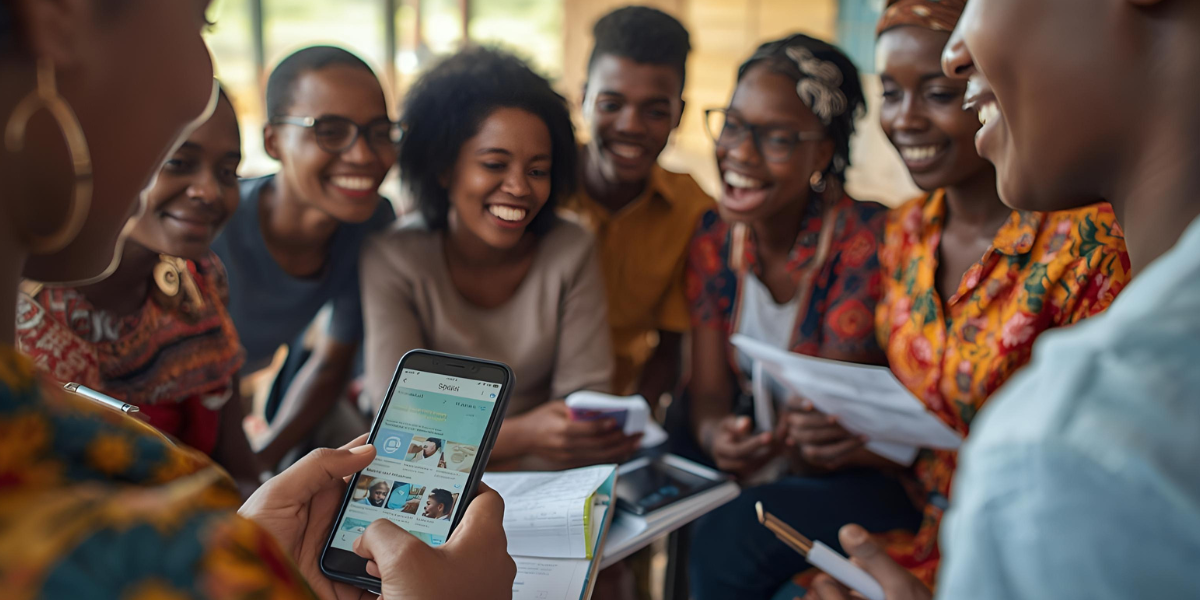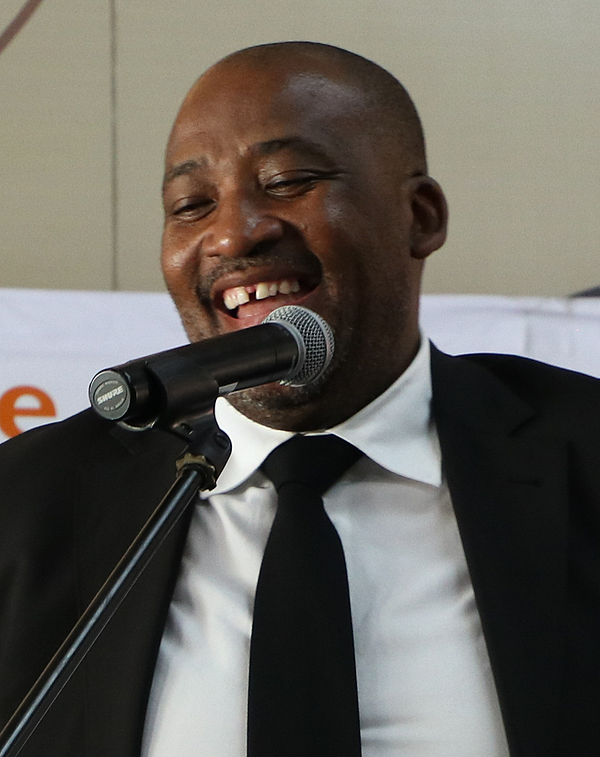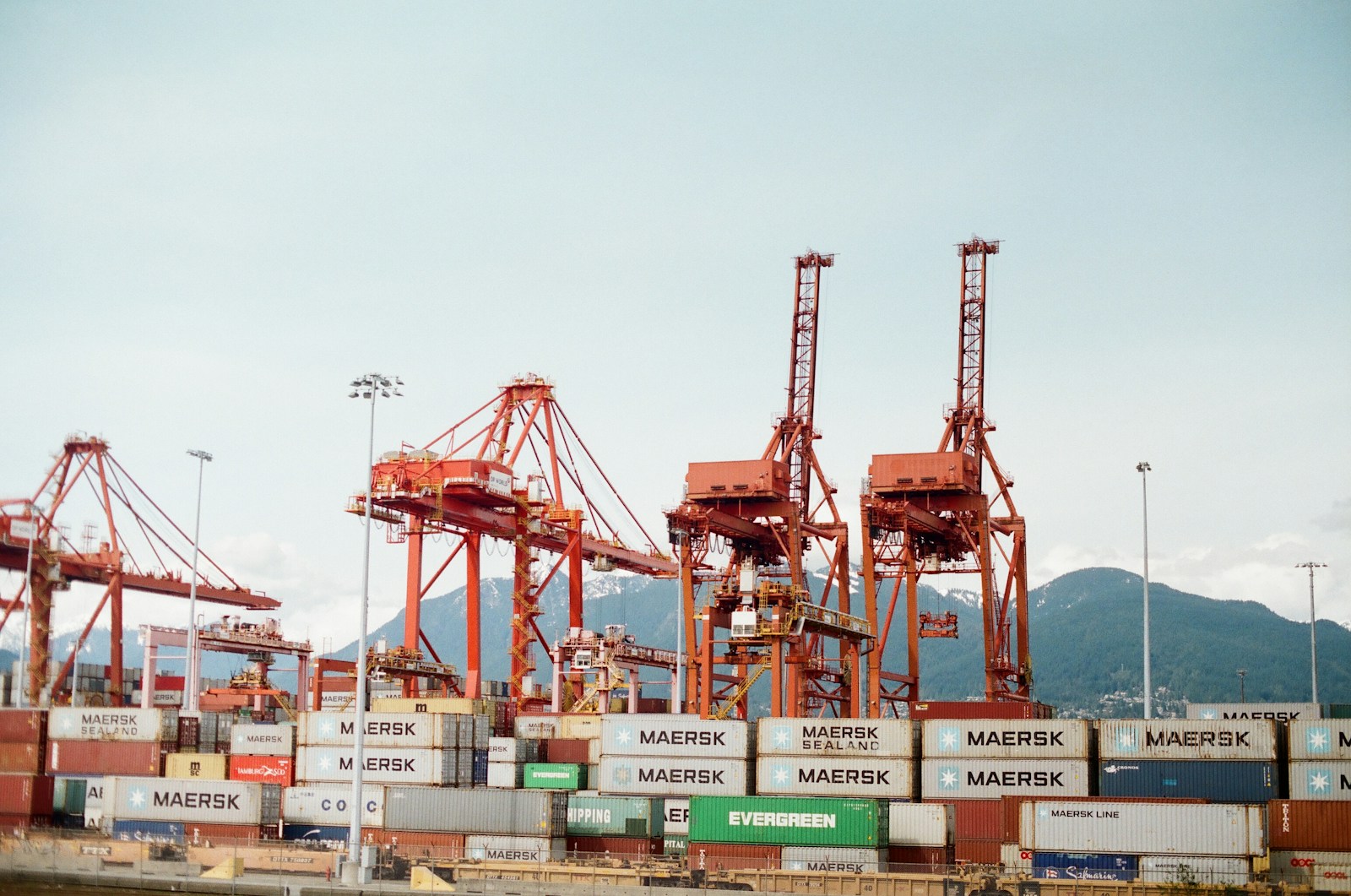International Democracy 2025: Powerful Lessons for Africa’s Future
International Democracy has become more than a symbolic concept; it is a living journey that shapes societies, empowers citizens, and strengthens institutions. In 2025, Africa stands at a crucial crossroad, where democracy is no longer just about casting votes but about ensuring that those votes translate into real change. This article explores how the International Day of Democracy highlights Africa’s unique path from voice to action.
International Democracy and Africa’s Voice
For decades, Africa has been a continent of vibrant voices demanding inclusion, fairness, and representation. The International Day of Democracy serves as a reminder that raising voices is the foundation of freedom. Yet, the transformation of these voices into effective governance remains a challenge. In many African nations, young people and grassroots movements are taking the lead, ensuring that democracy is not just celebrated but actively practiced.
Building Trust Through Institutions
One of the strongest pillars of International Democracy lies in the credibility of institutions. Strong institutions guarantee that democracy is not left to chance but built on fairness, justice, and accountability. Africa’s journey reveals that without trusted electoral bodies, independent courts, and transparent governance, the voice of the people risks being silenced. Strengthening these systems is a vital step toward ensuring that democracy thrives beyond election days.
From Voice to Action: Youth at the Center
More than 60% of Africa’s population is under the age of 25, making youth the beating heart of democratic transformation. Their role in International Democracy cannot be underestimated. From mobilizing civic campaigns to leveraging digital platforms, young Africans are proving that democracy is more than rhetoric, it is action. Their involvement not only amplifies participation but also injects fresh energy and accountability into the political landscape.
Technology as a Democratic Tool
Technology has redefined International Democracy by bridging gaps between citizens and governments. In Africa, mobile technology and digital platforms have become powerful tools for accountability and transparency. Citizens now monitor elections in real time, engage in policy discussions online, and hold leaders responsible through social media. This digital shift is ensuring that democracy is not only accessible but also adaptive to modern realities.
The Role of Women in Democratic Change
Women’s voices are essential for sustainable International Democracy. Across Africa, women are breaking barriers, leading civic organizations, and demanding representation in parliaments and local councils. Their participation brings inclusivity and balance to decision-making. More importantly, it challenges long-standing gender inequalities, proving that no democracy can flourish without the active involvement of half its population.
Strengthening Civil Society
Civil society organizations remain a driving force behind Africa’s democratic resilience. By promoting education, civic awareness, and community engagement, these groups ensure that democracy extends beyond elections. Civil society also acts as a watchdog, keeping leaders accountable and protecting citizens’ rights. According to United Nations reports, active civil societies are among the strongest indicators of a healthy democracy worldwide. Africa’s experience reflects this global truth.
Economic Growth and Democratic Stability
International Democracy is deeply connected to economic stability. In Africa, nations with stronger democratic institutions often experience more sustainable growth. Transparent governance attracts foreign investment, while accountability reduces corruption and mismanagement. Democracy therefore becomes more than a political choice; it is also an economic strategy that secures jobs, innovation, and long-term prosperity.
Education as the Foundation of Democracy
No democracy can survive without an informed and educated population. In Africa, expanding access to education equips citizens with the knowledge and confidence to participate in governance. Schools and universities are not only centers of learning but also spaces for fostering debate, leadership, and critical thinking. This educational empowerment ensures that the principles of International Democracy are deeply rooted in future generations.
Internal Reforms and Local Solutions
While global support for democracy is important, Africa’s democratic journey thrives most when solutions come from within. Local traditions, cultural values, and community leadership all play vital roles in shaping governance. Countries that tailor reforms to their own realities often find more sustainable outcomes. For example, linking traditional leadership structures with modern democratic systems has strengthened trust at the grassroots level. This shows that International Democracy is flexible enough to adapt to Africa’s unique context.
International Partnerships and African Unity
International Democracy in Africa is strengthened through global cooperation and regional solidarity. Partnerships with democratic nations, international organizations, and regional bodies like the African Union provide valuable support in building capacity and ensuring fair processes. At the same time, African unity itself is a powerful force, demonstrating that shared values of freedom and accountability can drive collective progress. For more insights on governance and reforms, you can explore our African leadership reforms guide.
Conclusion: From Voice to Sustainable Action
The International Day of Democracy 2025 is more than a celebration, it is a call to action. Africa’s democratic journey proves that true democracy extends beyond the ballot box, demanding accountability, inclusion, and innovation. By empowering youth, supporting women, strengthening institutions, and embracing technology, Africa is not only finding its voice but also ensuring that voice leads to lasting transformation. International Democracy remains a guiding light, reminding us that freedom is not a destination but an ongoing journey that requires courage, unity, and vision.




